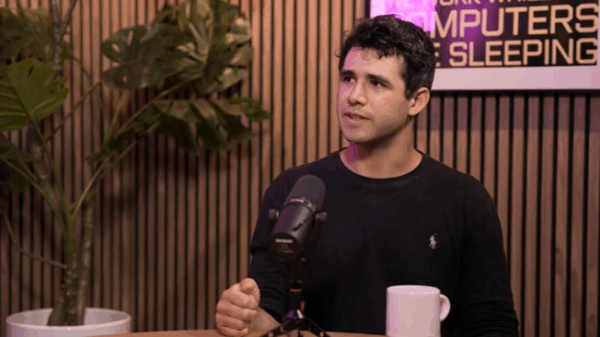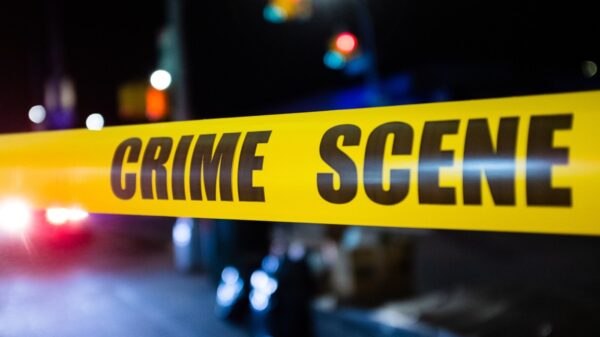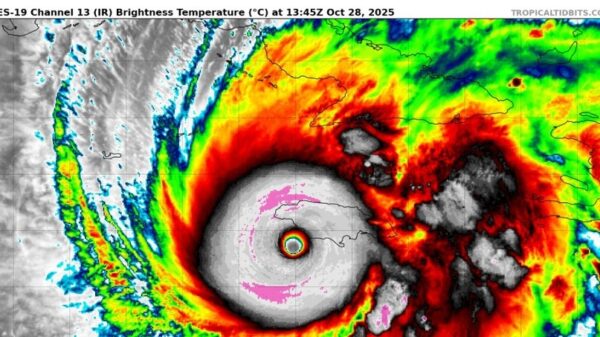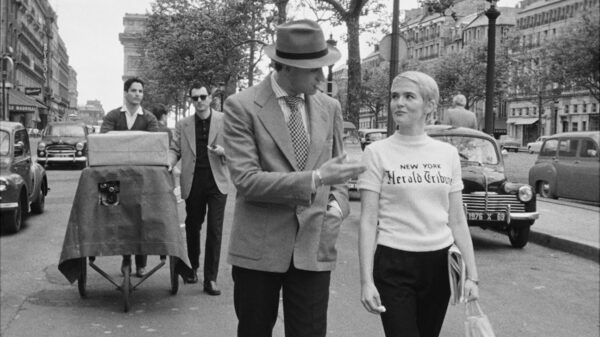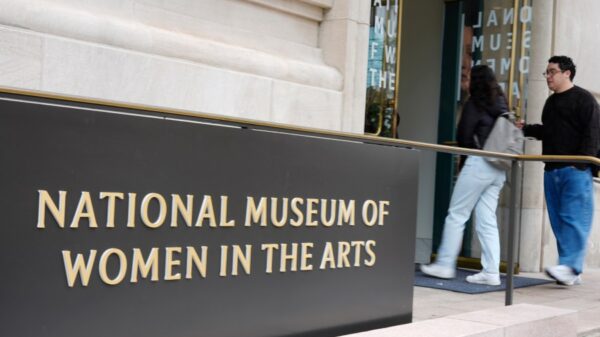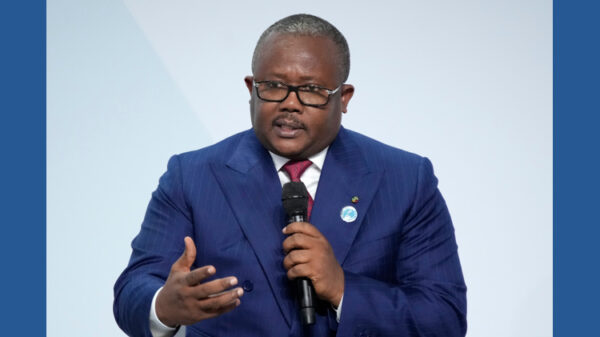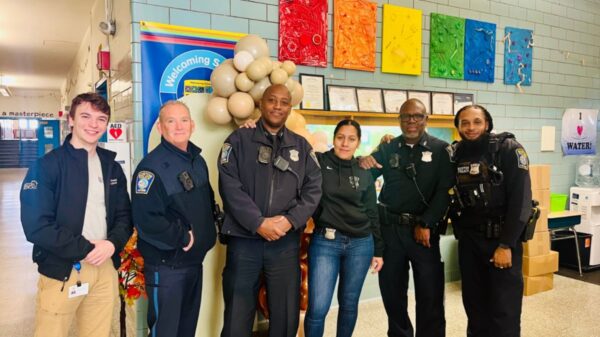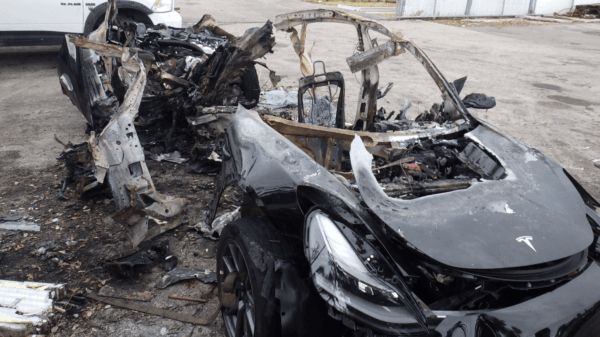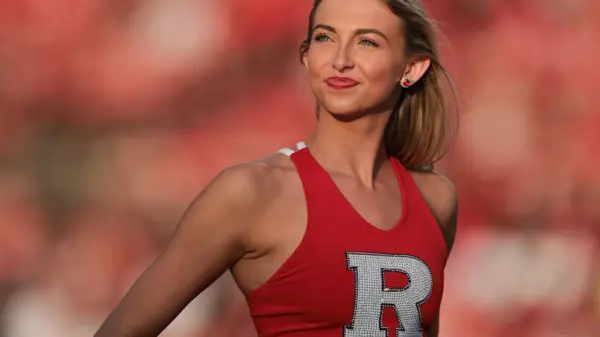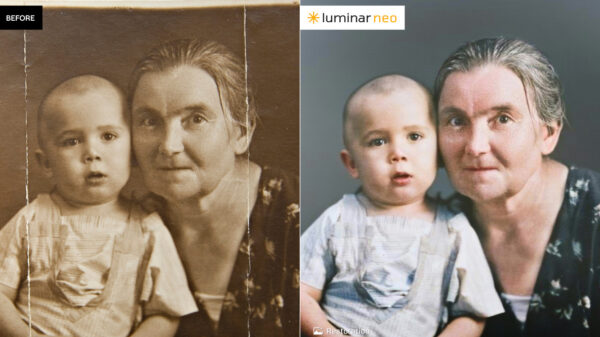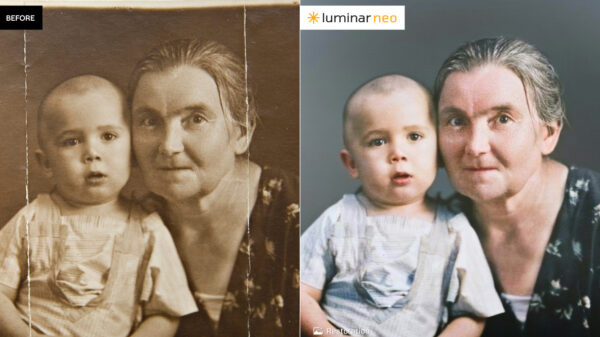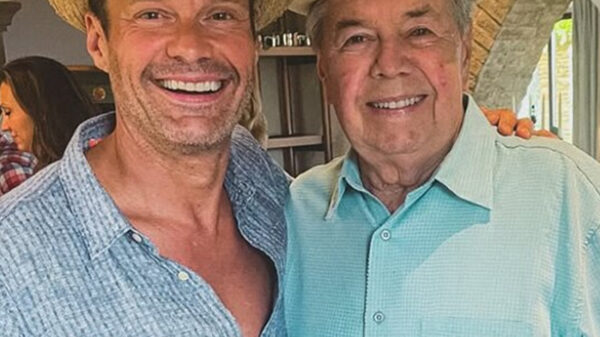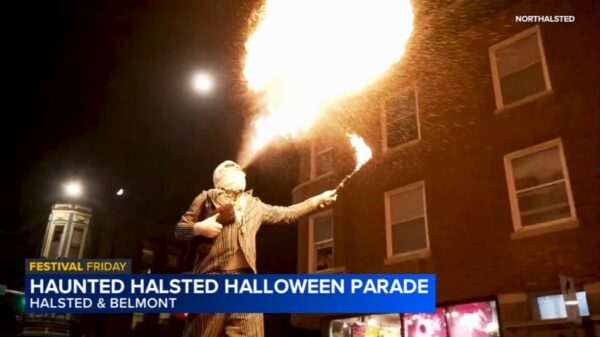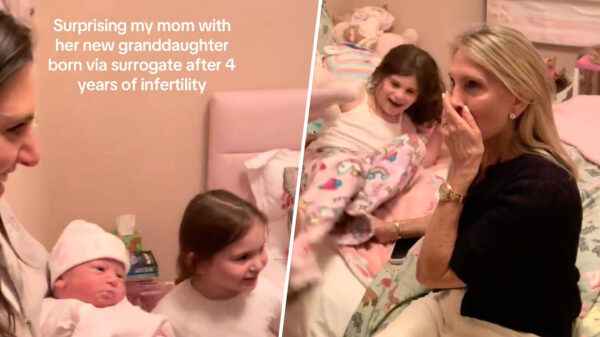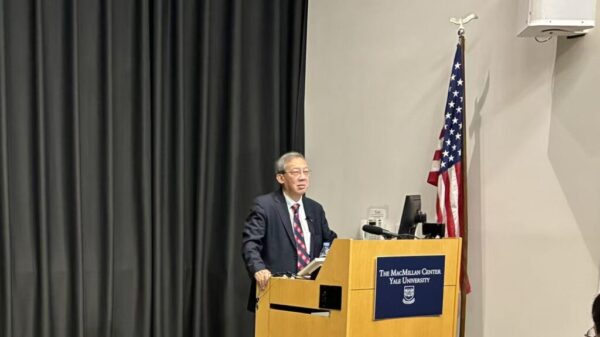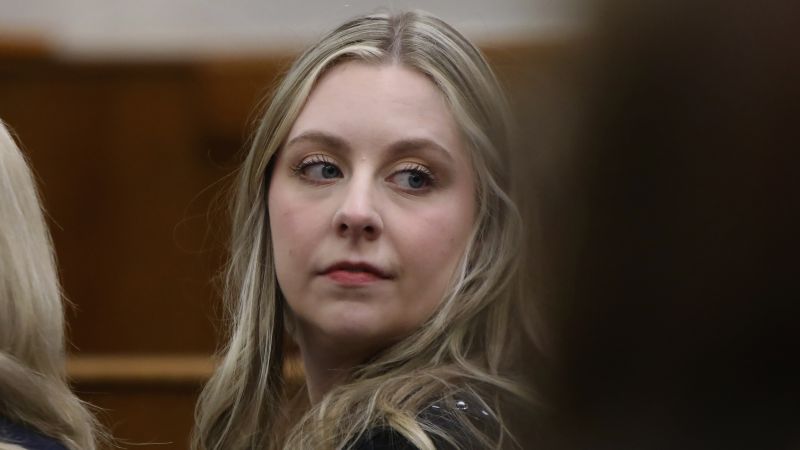UPDATE: Abby Zwerner delivered a powerful testimony today in her civil lawsuit against former Richneck Elementary School official, Ebony Parker, following her shooting incident on January 6, 2023. Zwerner recounted the harrowing moment she was shot by a 6-year-old student, stating, “I thought I was on my way to heaven or in heaven,” as she detailed the physical and emotional toll of the attack.
Zwerner, who is suing for $40 million, claims Parker neglected multiple warnings about the boy bringing a gun to school. Parker faces serious legal challenges, including eight counts of felony child neglect, with her criminal trial set for next month. This civil case is critical, potentially shaping the narrative for the upcoming criminal proceedings.
Urgent Context: The impact of gun violence in schools has reached alarming levels, with 64 school shootings reported in the U.S. this year alone. Zwerner’s testimony shines a light on the personal consequences of these incidents, as she struggles with daily tasks due to her injuries. “I was trying to open the bag of chips… and I eventually asked you to open it,” she shared, revealing her ongoing challenges.
Zwerner’s emotional state has shifted dramatically since the shooting. According to psychiatrist Dr. Clarence Watson, she now suffers from post-traumatic stress disorder, leading to feelings of withdrawal and fear in public spaces. “She has lost the sense of being safe… she now doesn’t want to go anywhere,” Watson testified.
Zwerner described how even simple outings have become overwhelming. A planned trip to see “Hamilton,” featuring gun scenes, left her in tears, expressing a desire to stay home instead. Her struggles illustrate the broader issue of mental health and trauma following gun violence in schools.
During cross-examination, Zwerner faced scrutiny from Parker’s attorney, who attempted to challenge her claims about the limitations imposed by her injuries. The defense highlighted her attendance at concerts, suggesting she was emotionally ready to participate in social activities. However, Zwerner clarified that while she has graduated from cosmetology school, she cannot work in her field until her hand heals completely.
The legal discussions are complex. Experts suggest the civil trial may provide insights into the criminal case against Parker. Legal analyst Darryl K. Brown noted that the civil proceedings could influence what evidence is presented in the criminal trial, particularly regarding Parker’s failure to act on the threats she was informed about.
As the jury prepares to reconvene on Monday, the outcome of this trial could have significant implications not only for Zwerner but also for accountability in school safety. Legal experts stress the importance of understanding the responsibilities of school officials when faced with potential threats.
Next Steps: The ongoing civil trial will continue to examine the ramifications of Zwerner’s shooting and the role of school authorities in preventing such tragedies. With the criminal trial looming, all eyes will be on how these cases unfold and what measures are taken to ensure the safety of students across the nation.
The urgency of Zwerner’s testimony resonates with a nation grappling with the aftermath of gun violence in schools—her story is not just about personal suffering but a clarion call for systemic change. As the trials proceed, the hope is that accountability will lead to safer school environments for all children.

